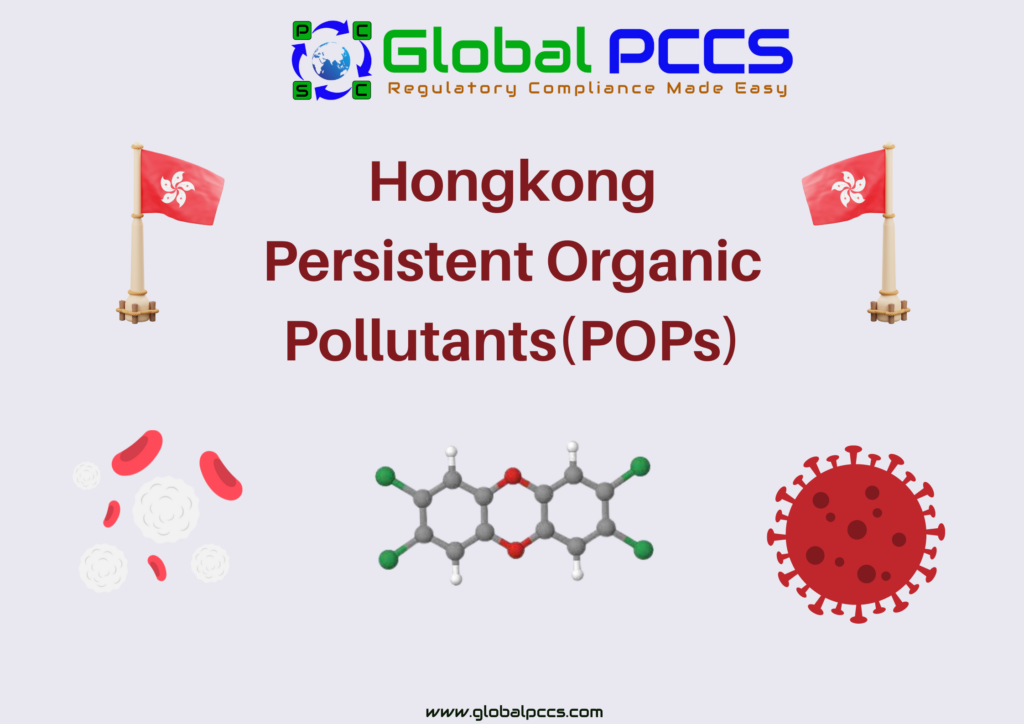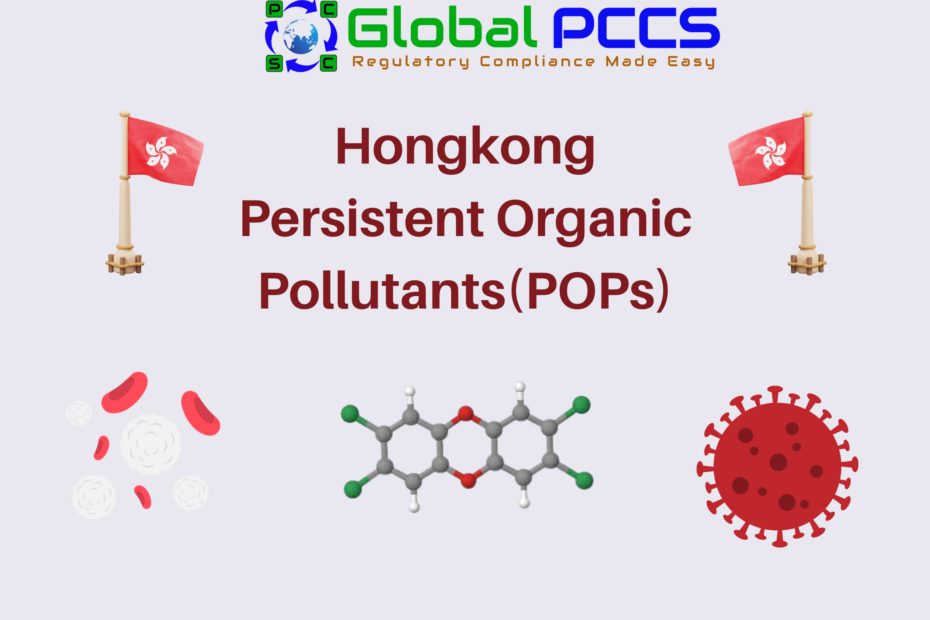
The Hong Kong government has submitted revisions to two regulations to the Legislative Council to bring them into compliance with global norms.
From October 20, 2023, the manufacture, import, export, and use of the following chemicals are subject to permit controls in Hong Kong.
– Hexachlorobutadiene (HCBD)
– Polychlorinated naphthalenes (PCNs)
– Decabromodiphenyl ether (decaBDE)
– Short-chain chlorinated paraffins (SCCPs)
– PFOA, its salts, and its PFOA-related compounds
– Pentachlorophenol and its salts and esters (PCP)
The revisions aim to enhance environmental protection and public health by regulating the production, import, export, and use of POPs in the region.
First Regulation
The first regulation is the Waste Disposal (Chemical Waste) (Amendment) Regulation, which expands the scope of chemical waste control.
It requires proper handling, storage, and disposal of chemical waste containing POPs to prevent their release into the environment.
Second Regulation
The second regulation is the Air Pollution Control (Persistent Organic Pollutants) (Amendment) Regulation. It sets stricter emission standards for certain industrial processes
that may release POPs into the air.
The amendment aims to reduce air pollution and minimize the impact of POPs on human health and the environment.
These regulatory revisions demonstrate Hong Kong’s commitment to addressing the risks associated with POPs and aligning with international efforts to control and reduce their presence.
By reinforcing control measures, Hong Kong aims to protect its citizens and the environment from the harmful effects of these persistent pollutants.








 Authorised IMDS & CDX Training & Consulting partner for
Authorised IMDS & CDX Training & Consulting partner for






